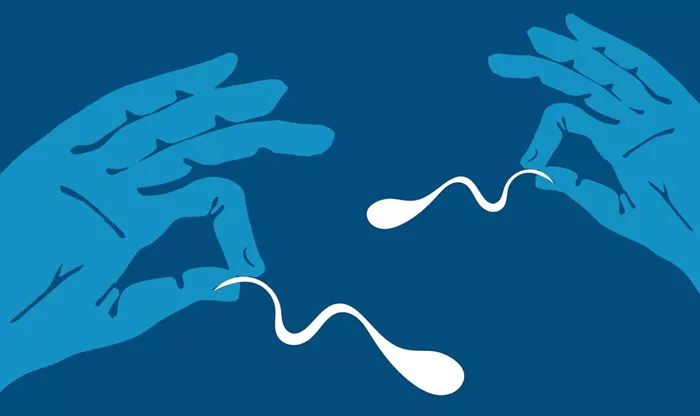Ten children conceived from the same sperm donor have developed cancer. The donor’s sperm carried a rare genetic mutation linked to a higher risk of cancer, found in at least 67 children from different families, a sperm bank confirmed.
The case emerged after two families contacted fertility clinics when their children were diagnosed with cancers tied to a rare inherited mutation. The story was reported by The Guardian ahead of a European genetics conference in Milan.
The mutation affects the TP53 gene, associated with Li-Fraumeni syndrome—a condition that greatly increases cancer risk. Studies found 23 children with this mutation, with 10 already diagnosed with cancers such as leukemia and lymphoma.
European Sperm Bank, operating in Denmark, Germany, and the Netherlands, confirmed the donor’s sperm led to more than 67 births. They alerted fertility clinics but did not specify the exact number due to privacy policies.
The sperm bank stated that although genetic testing is done before donation, it’s impossible to detect all harmful mutations without prior knowledge. The mutation was unknown and not linked to cancer when the sperm was donated in 2008.
The donor is reportedly healthy, raising concerns about how hidden genetic risks can be passed on through donation.
Biologist Dr. Edwige Kasper, who presented the findings, called for stricter limits on how many children one donor can father in Europe. She noted that not all men should have dozens of children due to risks of spreading genetic diseases.
The European Sperm Bank has a self-imposed limit of 75 families per donor but supports the idea of international regulation to protect public health.
Julie Paulli Budtz, spokesperson for the bank, said the case is deeply concerning. She emphasized the need for ongoing discussions on family limits for sperm donors to prevent such situations in the future.


